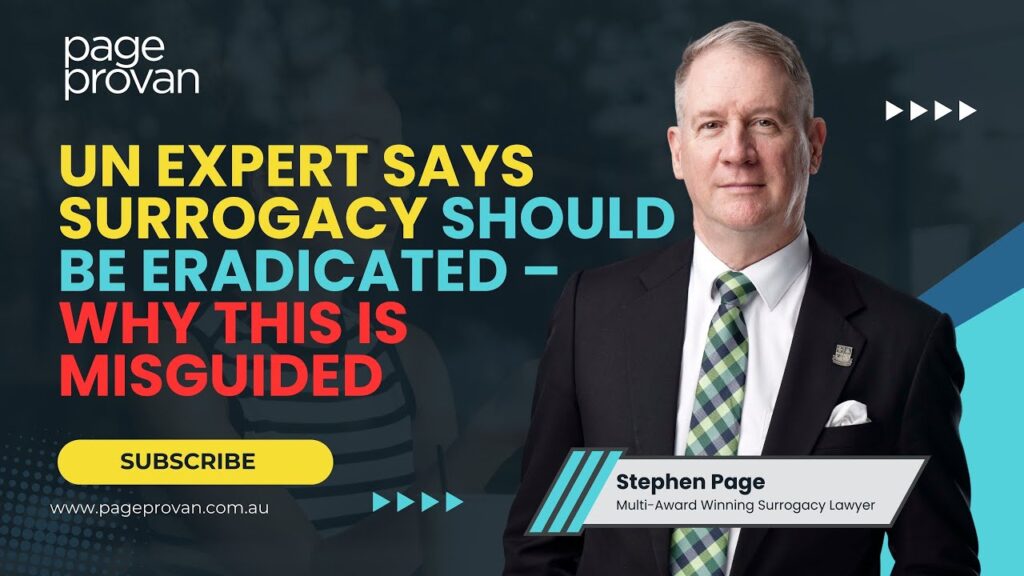Family Court case: practical consideration of special contributions
The Family Court has long held that if a party, usually the husband, has made some special contribution over and above the norm, often due to entrepreunial activity or genius, then that ought to be recognised.
In the recent Full Court of the Family Court case of Wellings and Wellings one of the issues on appeal was whether or not the husband had made a special contribution. Obviously, if he had, he would have ended up with more of the property, and if he had not, he would have ended up with less.
The husband left Australia as a teacher and moved to Hong Kong. On his return 14 years later, the husband came back with $3 million, which he had apparently earned from a horse racing system that he had devised, which because of its nature, was not subject to tax.
When the parties moved to Australia, they moved to the Gold Coast. It was the husband’s view that the capital gain on the Gold Coast would be good for investments. By the time of the trial, the $3 million had increased to $5 million.
Was this a special contribution by the husband?
At the trial, the wife’s counsel said that it was not, although conceding some benefit in the husband’s favour before considering s.75(2) [future] factors, but only in the range of 5-7.5%. The wife’s counsel stated that in Hong Kong, the husband:
“earns a good amount of money, inflated somewhat by the fact it’s a tax free environment” and that, as far as the real estate acquisitions on the Gold Coast are concerned, the husband “doesn’t make out a case in his material about some special attributes that he’s brought to it”.
The husband’s counsel said that it was one of those rare special contribution cases.
The trial judge held that it was not a special contribution, but awarded him 61% based on his contributions:
- The accumulation of data he amassed since 1987
- The benefits mostly retained and reinvested, he received in the tax free environment of Hong Kong
- His careful selection of the Gold Coast as a location for his attentions as a property investor.
The husband appealed.
The Full Court
Justice May, sitting as the Full Court held:
The conclusions of his Honour in relation to the argument about “special
contributions” could not be successfully challenged. However that does not lead
to the inevitable result that the finding of 61 per cent to the husband and 39
per cent to the wife was either within or outside the range.
In my view the
contribution of the husband was overwhelming and the financial result entirely
clear as demonstrated in the judgment. In addition, post separation the husband
maintained the assets, cared for the children financially and physically
including for a period of five months in 2006 solely, and otherwise has made an
equal contribution since separation to non financial matters most importantly
the children.
Taking into account his Honour’s findings, the circumstances
both during the marriage and up to the date of trial the result arrived at by
his Honour was outside the range.
Her Honour ordered that the division be 67%/33% in favour of the husband, or $300,000 greater to the husband than that awarded by the trial judge.












